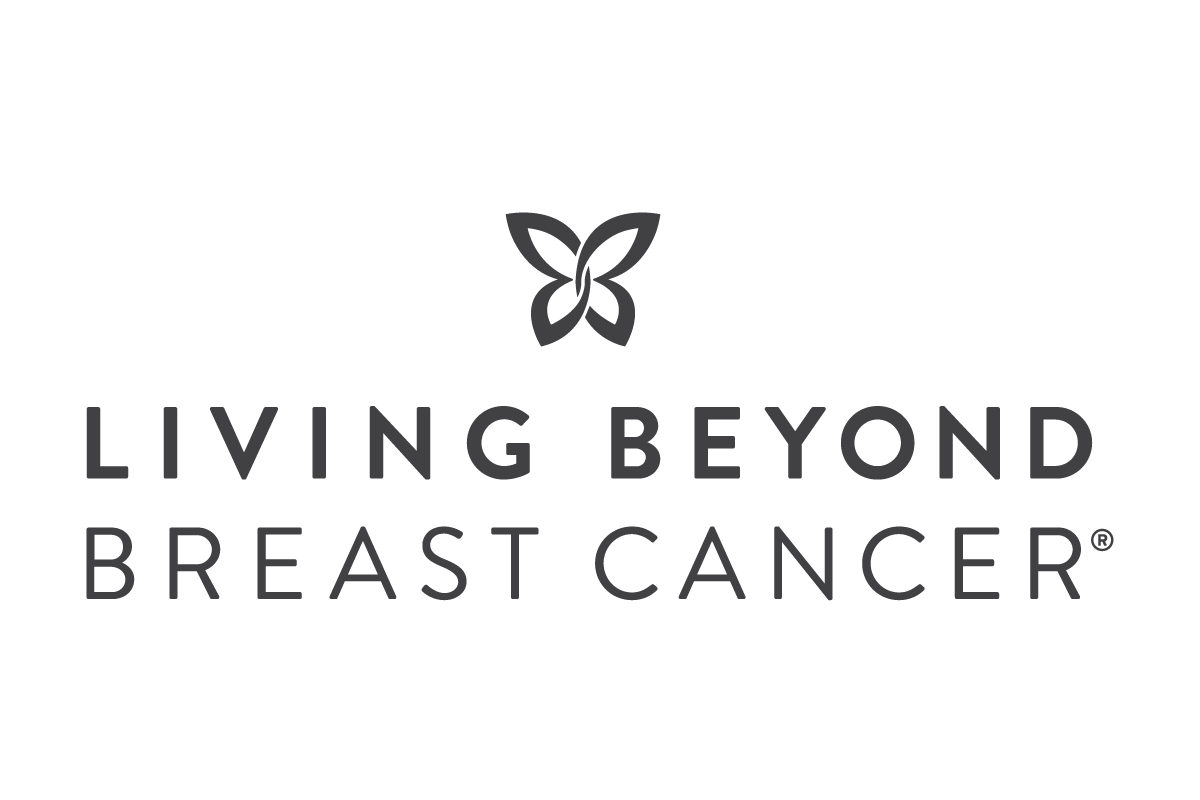The 411 on Inflammatory Breast Cancer
- 07/07/15
LBBC’s Christina Meehan shares information and resources about inflammatory breast cancer and writes about attending Jefferson University Hospitals’ Inflammatory Breast Cancer Conference for the Community.
I inherited my large breasts (DDDs) from my mother (Fs, I think), and she inherited them from her mother and so on. I didn’t “get” my breasts until my late 20s when they seemed to appear overnight. These days I’m a lopsided B-kinda-C cup. Unfortunately, a botched boob job isn’t to blame. Instead, I was diagnosed with the “Big C” in July 2013 at the age of 31. My lopsidedness comes from a mastectomy to remove my right breast and a breast reduction in my left breast. I thought I had a hard time finding bras when I had two DDD breasts; one breast and a prosthesis is even harder!
When I was diagnosed I thought two things: there is only one type of breast cancer and young women certainly don’t get it. I soon learned, however, that while I did, in fact, have breast cancer, I had a rare type of breast cancer called inflammatory breast cancer. I never heard of it; my mother, a nurse for 30 years never heard of it, and doctors can go through their entire careers without seeing a case. How can this be?
Last month I attended Jefferson University Hospitals’ inaugural Inflammatory Breast Cancer Conference for the Community. More than 80 people attended including other women with the disease and healthcare professionals. Based on information from the conference and my personal experience, here’s what I think you should know:
What is IBC?
IBC occurs when cancer cells block the lymphatic vessels in the skin covering the breast. Symptoms include:
- The skin can become thick, red, itchy and dimpled like an orange (peau d’orange is the technical term).
- The breast can appear swollen, bruised or darkened.
- The breast may feel heavy or full, warm to the touch, painful or tender.
- The nipple of the breast can also invert (push in) or appear flattened.
These symptoms also describe an infection of the breast called mastitis. Very often women who go to their doctor with these symptoms receive antibiotics, especially those who are pregnant or breastfeeding.
IBC doesn’t usually present a lump, as is common for other types of breast cancer. I never really paid attention to the skin on my breasts. That’s probably why I didn’t immediately go to the doctor when I noticed my symptoms; I waited several weeks until the point when I noticed my nipple had inverted.
IBC is an aggressive form of breast cancer that requires early intervention and treatment. Plus, the symptoms can come on very quickly – within weeks, actually. Because of this, IBC is typically diagnosed at a later stage such as IIIB or IV.
IBC is also:
- More likely to be classified as HER2-positive (40 percent) compared to other breast cancers (25 percent). Human epidermal growth factor receptor 2 (HER2), a type of protein, drives HER2-positive breast cancer.
- More likely be estrogen and progesterone negative. The hormones estrogen and progesterone drive hormone-positive breast cancers.
- A more common diagnosis among women in their 20s to 50s more often than older women.
- More common and diagnosed at younger ages in African-American women.
Treatment for IBC
The treatment for inflammatory breast cancer is different than for other types of breast cancer. Notably, chemotherapy is given before surgery, or what’s known as neoadjuvant therapy. This type of treatment is used to
- shrink the size of any tumors in the breast and lymph nodes
- decrease the swelling in the breast
- reduce the inflammation in the skin
- give the surgeon higher chances of successfully removing the cancer
The medicines used to treat IBC depend on the individual, but usually include those consideredanthracyclines and taxanes. Anthracyclines damage cancer cells’ DNA, causing them to die. Taxanes stop cancer cells from dividing.
Your Team of Three
Throughout your diagnosis, you’ll have a team of three or a trifecta as I call it, to treat the cancer.
- Your medical oncologist works out the details of chemotherapy.
- Your surgical oncologist performs the mastectomy (lumpectomy isn’t an option in inflammatory breast cancer since it affects the skin).
- Your radiation oncologist creates the radiation plan, which aims to kill any leftover cancer cells from surgery.
What I Want You to Know
- 1 in 8 women in the US will be diagnosed with invasive breast cancer in their lifetime.
- Think about your lifestyle and family history. Talk to your doctor about your risk.
- Young women get breast cancer.
- Get your mammograms. There are resources available to get a free mammogram.
- Self-breast exams are important, but don’t just feel for a lump.
- Always pay attention to what your skin looks like – its color, its texture, whether it’s squishy or hard and if you have pain or tenderness. Keep an eye on your nipple for any discoloration, flatness or if it looks pushed in.
- When in doubt, rule it out. Don’t wait weeks, months or longer if you notice symptoms. See your doctor right away.
- If your doctor gives you antibiotics to rule out an infection and you still have symptoms, ASK for additional testing for inflammatory breast cancer.
- If you are diagnosed with IBC, find a doctor who specializes in or has experience with IBC.
- Don’t get sucked into reading every bit of information about IBC that’s on the Internet.
- You are not a statistic.
- As my oncologist says, “statistics are great for populations, but not for individuals.”
- Don’t get sucked into reading every bit of information about IBC that’s on the Internet.
Fortunately, some research is happening that’s focusing on inflammatory breast cancer. Much more is needed, but this is a step in the right direction. Check out clinicaltrials.gov to see which clinical trials are focusing on IBC and your eligibility.
The conference is a step in the right direction, though.
- The more people know about inflammatory breast cancer the more the disease can be correctly diagnosed.
- And the more people who speak up about the disease, the more research can hopefully be performed.
- And if more research is done, maybe the disease can be caught much earlier than stages III and IV.
During the conference tons of statistics about IBC were discussed – most of which went right over my head. When I first found out I had breast cancer I obsessed over statistics. I’d constantly ask my oncologist to give me some type of number so that I could understand my odds. One day he bluntly said, “Christina. Statistics are great for populations but not for individuals.”
I knew I chose him for a reason! I’ve slowly come to realize that statistics aren’t everything. Since my diagnosis, I have met at least a dozen women with IBC who have been living with the disease for years – some for more than a decade.
I am not a statistic.
And if you have been diagnosed with breast cancer know that you aren’t one either.
Other Resources
Organizations such as the Inflammatory Breast Cancer Research Foundation and the Inflammatory Breast Cancer Network are dedicated to this particular type of breast cancer.
Cancer centers well-known for treating IBC include but are not limited to:
Christina Meehan, MA, is LBBC’s development projects coordinator. She was diagnosed with inflammatory breast cancer in 2013 at the age of 31, which sparked a passion to help others who are also adjusting to the “new normal,” which comes after a breast cancer diagnosis.



